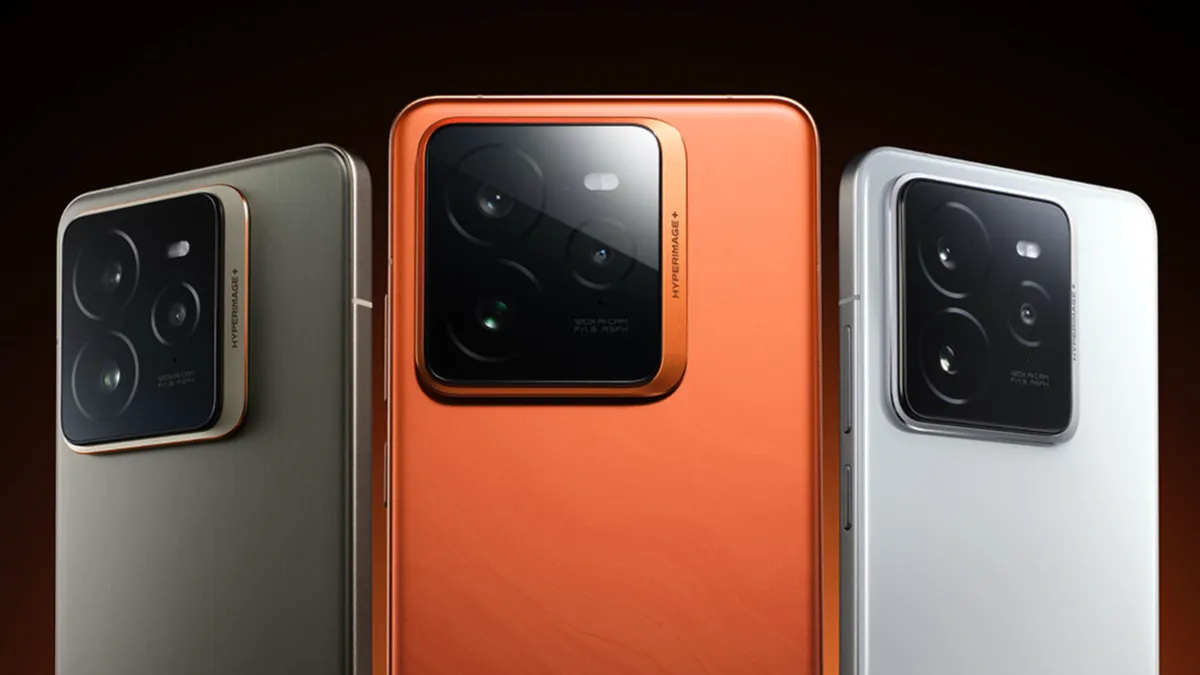OpenAI has taken a bold step in making artificial intelligence more accessible with its recent launch of 1-800-ChatGPT, a voice service available in the United States. The move aims to help individuals who are not familiar with apps or lack access to high-speed internet. Instead of requiring a smartphone app, users can now reach ChatGPT via a toll-free phone number, dialing 1-800-242-8478 to speak with an AI that can chat on nearly any topic, from baking recipes to historical events. The response from the voice service is swift and surprisingly conversational, giving users an impression of speaking to a friendly, helpful person.
A New Way to Access AI Without an App
This new voice service is the latest feature from OpenAI, which launched it to increase the reach of AI. For now, the service is available free for 15 minutes per phone number, per month, but only in the U.S. International users are being directed to a text-based ChatGPT service available on WhatsApp using the same toll-free number. This marks a significant expansion of AI access, especially for people without tech-savvy backgrounds or reliable internet connections. OpenAI’s Chief Product Officer, Kevin Weil, shared that this was a recent project, reflecting the company’s desire to bring AI services to those who may not have had such access before.
Is This the Future of AI Interaction?
Interestingly, OpenAI’s move mirrors a similar attempt by Google 17 years ago with its GOOG-411 voice local search feature. Launched in 2007, it was a speech-recognition-based business directory that was shut down abruptly in 2010. While OpenAI’s voice service could be a big leap forward in making AI more mainstream, it raises a set of important questions, especially regarding privacy.
Concerns have already surfaced regarding user data, with many questioning if their voice will be recorded, if it will be used to train AI models, and whether their voice could be replicated or misused in case of a data breach. Others have raised philosophical concerns about whether AI could manipulate human emotions or lead to an unhealthy emotional attachment, particularly for vulnerable people, such as those who are lonely.
OpenAI’s Major Shift: From Non-Profit to For-Profit
In response to these concerns, OpenAI has emphasized its privacy policy. Users must consent to its Terms of Use and Privacy Policy before engaging with the service, and a disclaimer is read aloud at the start of each call, notifying users that their data may be reviewed for safety purposes.
While OpenAI’s innovation with 1-800-ChatGPT is catching attention, the company’s internal restructuring also has made headlines. Originally founded as a non-profit, OpenAI is now transitioning into a “for-profit PBC” (Public Benefit Corporation), which will allow the company to raise capital in more conventional ways while still maintaining some level of public accountability. This shift, however, has sparked controversy, with Tesla’s Elon Musk asking the U.S. courts to prevent OpenAI from transitioning fully into a for-profit enterprise. The restructuring may alter the company’s mission, particularly if it faces challenges balancing shareholder interests with its original public benefit goals.
In conclusion, OpenAI’s 1-800-ChatGPT service is poised to bring AI closer to the public. Whether it becomes a revolutionary step in AI accessibility or a source of privacy concerns will depend on how the company navigates these complexities in the future.
ALSO READ: YouTube Rolls Out ‘Play Something’ Feature: Here’s How It Is The Most Useful





















